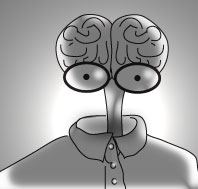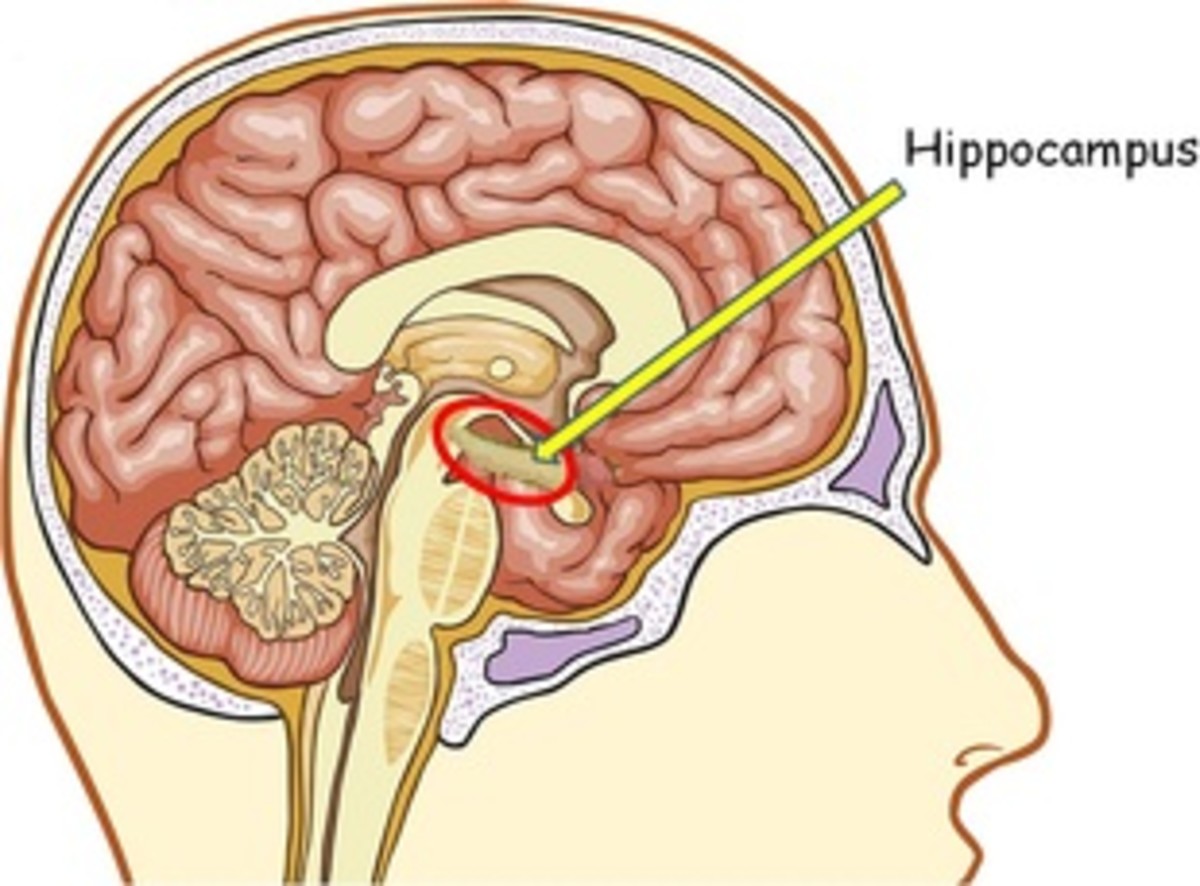A Good-Natured Look at Short Term Memory Loss

Remembering Stuff
When I was young, I could memorize an entire Psalm. I could remember a dozen phone numbers and I never forgot anyone's name. I could read a passage of a book and picture the page with the words on it in my mind. But somewhere along the line, things changed.
Now my wife tells me to go to the market to get some things.
She says, "Bread, skim milk, cheese, toilet paper, napkins - "
I say, "Hold on there," because my memory has just dumped and I no longer remember the first thing she wanted. I know that if there are more than four items on the list, I will forget at least one of them. That's when I know it's time to write it down so that I don't forget.
Once in a while I can't remember one of my kids' names or call them by their sibling's name. Of the repetitive stuff I do all day, I cannot remember one thing. Customers say, "Remember last week when I ordered..." and I say, "No. What are you, crazy?" Luckily my computer remembers for me.
Yet recently when we drove down the New Jersey Turnpike to my wife's brother's house and missed our exit, I was able to remember the six or so turns I needed to make to get to our destination from where we ended up. My brother-in-law recited them to me over the phone, I visualized them, and then I was able to execute them in order.
So deep down at least some of my former ability to remember is still there. How has it changed and why?

According to familydoctor.org I began to lose brain cells in my twenties and I probably lost more than my share if you know what I mean. My brain also started to make less of the chemicals my brain needed to work properly. Also I added other chemicals which probably did not help the process. All in all, a lose-lose-lose situation if I had been thoughtful about wanting to keep remembering stuff.
Familydoctor.org says that short term memory is not affected by memory loss occurring through the typical aging process which is bad news for me. They go on to say that certain activities I may or may not have engaged in as a misguided youth may have had an effect in that direction, so that may be the explanation.
Normal aging-associated memory loss mainly affects recent memory, such as remembering what you had for breakfast or the name of someone you met a few days ago.
To achieve the short term memory feat of remembering complex verbal directions under pressure with no pen and paper available:
- I dug deep for focus
- I quieted my mind
- I bent all my willpower toward listening carefully and assimilating each change in direction
By maintaining my focus through the remainder of our journey I was able to recall the directions as they were given to me. This suggests to me that the reason I have trouble with short term memory is lack of focus. I think that my lack of focus comes from having too much on my mind.
If I start forgetting how to do stuff on a regular basis that I used to remember on a regular basis, or start repeating myself in conversation, or lose track of what's happening during the day, or start to have problems making decisions or handling my money, I can start worrying according to Familydoctor.org. They say that might be a sign of something more serious.
A recent NY Times article online (see link below) cites a study by North Carolina State University indicating that the power of suggestion also plays a role in age related memory loss. A group of people 60-82 year olds were divided into two basic groups. One group was told that they were taking an arithmetic and memorization test to determine the effect of aging on memory and were asked to write down their age prior to taking the test. The other group was just given the test. Guess what? The group that was simply given the test did decidedly better than the other group. What a surprise. So stop listening to people telling you that you are old and smarten up.
Keeping a Healthy Old Brain
A number of sources suggest the following to maintain a healthy brain into your dotage:
- Exercise - physical activity, especially aerobic exercise, is associated strongly with extending brain health into one's "sunset years"
- Involvement - work, volunteerism, projects - keeping busy keeps your brain busy and helps your neurons stay limber. Involvement also gives the individual a sense of control as they see that their effort achieves results.
- Health - in addition to exercise, a healthy diet and reasonable weight control contribute to brain health over time
- Learning - formal education or the acquiring of new skills helps exercise and revitalize the brain
So good luck to you as you gradually turn into an old geezer or hag, and please wish me the same. What did you say your name was?








